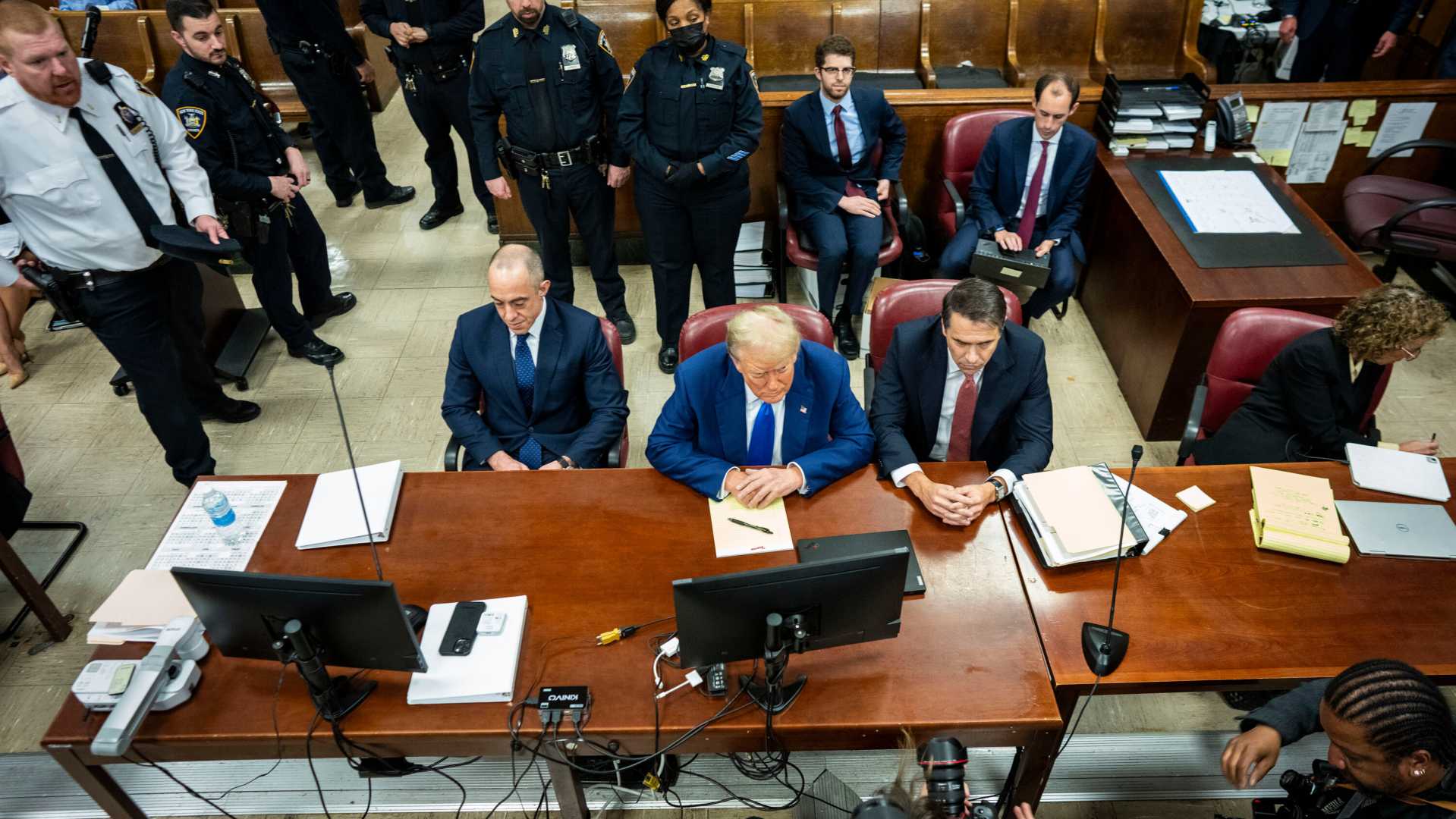Politics
Trump Administration Faces Legal Wins and Setbacks Amid Controversial Policies

NATIONAL HARBOR, Maryland — The Trump administration celebrated significant legal victories this week, securing rulings that bolster its ambitious overhaul of the federal government. However, many of the president’s initiatives are encountering substantial legal challenges that threaten to undermine these efforts.
Among the administration’s legal successes, judges dismissed attempts to impose temporary restraining orders in various cases across the nation. Yet, notable setbacks emerged, including an appeals court’s refusal to allow Trump’s emergency order regarding birthright citizenship. This case is set for further hearings in June.
In a notable ruling on Thursday, a federal judge in Washington, D.C., dismissed a union-led lawsuit challenging the administration’s plans to lay off up to 10% of federal workers. U.S. District Judge Christopher R. Cooper ruled that the unions had filed their claims in the wrong venue. The White House expressed satisfaction with the ruling, insisting it enables continued efforts to enhance federal efficiency.
“Thanks to this and other legal wins, President Trump and his administration will continue to deliver on the American people’s mandate to eliminate wasteful spending,” said White House spokeswoman Anna Kelly.
Contrarily, other legal motions presented a grim scenario for the administration. In one case, U.S. District Judge Carl Nichols lifted a temporary restraining order related to the federal government’s retraining of staff in the U.S. Agency for International Development (USAID). Despite unions arguing that the maneuvers are designed to dismantle the agency, Nichols stated that the unions’ claims did not establish a legal basis in his court.
Moreover, challenges to the Department of Government Efficiency (DOGE) posed significant hurdles. U.S. District Judge Randolph Moss denied a request to restrict DOGE’s access to federal educational systems, citing a lack of demonstrated irreparable harm from the student group’s claims.
Another federal judge, Tanya Chutkan, acknowledged the uncertainties DOGE’s actions bring to several states but declined to issue an order against its operations. “The court is aware that DOGE’s unpredictable actions have resulted in considerable uncertainty and confusion,” she noted.
Additional legal actions emerged, such as the lawsuit from the National TPS Alliance against the Department of Homeland Security, challenging the termination of temporary protected status for Venezuelans. Furthermore, a group led by Citizens for Responsibility and Ethics in Washington is pursuing transparency regarding DOGE’s operations.
Legal opposition also arises from actions related to federal grants and contracts aimed at diversity, equity, and inclusion initiatives. In a ruling that shocked many in the administration, U.S. District Judge Adam Abelson barred the government from terminating grants tied to these programs, citing potential violations of the Constitution.
As the opposition grows, pressures mount within the party. Some Republicans have begun to question the prudence of the administration’s aggressive legal strategies, as they appear more likely to evoke criticism and resistance from various societal sectors, including federal employees and advocacy groups.
The Trump administration’s handling of legal disputes reflects a broader theme of turbulence. A week filled with promises of government efficiency and cuts has transformed into a battleground of legal challenges, reshaping expectations for the administration’s future initiatives.
Observers anticipate that forthcoming months will likely reveal whether the administration can circumvent the challenging judicial landscape or if these legal impediments will hinder its policy goals significantly.












